written by Anne SkyvingtonMay 7, 2018

A mother is often the first positive influencer in one’s life
Mum’s favourite poem, when she was alive, was “If” by Rudyard Kipling. She was not an educated woman in the traditional sense, but she’d learnt to be tolerant of others and knew how to remain positive through her passion for decorating and fashion. Another message she tried to impart to my siblings and me was about staying true to yourself and respecting others. It is sometimes hard to stay positive when the world is in turmoil, with wars raging in other countries, and suicide bombers killing and maiming their fellow creatures. And when one seventh of the seven billion people on earth are hungry, it is hard not to think about this, especially as I sit down to eat in a place of plenty. The fall of the dice could have placed me in that seventh part of the globe. There but for the grace of God go I… But I have to think, rather, how lucky I am to be born in a country that looks after its people and tries to maintain some semblance of equality of wealth across all demographics. It’s not perfect, but I give thanks for living in a multicultural country that supports freedom of speech and religion for all.
When I married, quite late in life, another positive “significant other” came into my life:
“Nothing good ever comes from being negative,” he said, “but something good can happen if you are positive.”
I used to shrug off these words as just another mindless cliché—the bain of writers’ lives, as they are trying to improve their writing for publication. And I went through some dark periods in my past; there have in fact been many negative phases in my life. Perhaps it all amounts to cycles, as expressed through the lyrics of the song from the fifties and sixties, “To Everything There is a Season”. Positivity didn’t happen overnight for me. There was a life crisis in the eighties, when my children were still young. But not long after that I knew it was time for change.
Shakespeare said it via the mouthpiece of Hamlet
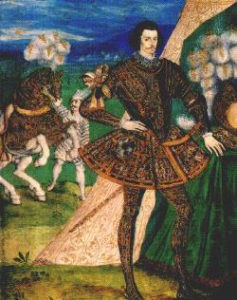
“There are more things in heaven and earth, Horatio, than are dreamt of in your philosophy.”
Shakespeare also spoke about how to live a good life and stay true to yourself.
Mum often quoted the message from Polonius to his son Laertes, who was leaving home for the first time:
This above all: to thine own self be true,
And it must follow, as the night the day,
Thou canst not then be false to any man.
Farewell, my blessing season this in thee!
Then one day it all changed: I became positive.
I started to appreciate the good things in life and to brush over the bad. Coming from a non-religious family, it was important for me to see that this was something I’d come to through personal experiences. So I felt I was on solid ground; I hadn’t been brain-washed or had religion thrust on to me. I began to get more and more in touch with my feelings and intuition. I started to meditate. I became “Trusting Tom” instead of “Doubting Thomas”. Yes, I even took the plunge and began to see that there was a great deal more to the spiritual aspect of life on earth than ever meets the eye.
Then something really interesting started to happen:
Positive, helpful people entered my life. And I was able to recognise more easily those who were negative. Lots of positive things came my way, and I felt that I could deal with anything that eventuated.
That’s when I knew something significant had changed in me. I’d developed faith. What I believed in was less important than the fact of believing. As Socrates said millennia ago: “I am more intelligent than most people around today, because I know I know nothing.”
I have become less and less patient with snobbery and racism. I am pleased to be part of a multicultural society here in Australia, where successive governments have encouraged tolerance towards those of other races, ethnic groups and religions. It is true that conservative and military governments slow progress down, as it does everywhere, but the structure remains in place.
The very positive Anti Discrimination Law
It was introduced thirty years ago, and since then, anti-vilification laws have been brought in. The Racial Discrimination Act of 1975 states that It is unlawful for a person to do an act, otherwise than in private, if:
(a) the act is reasonably likely in all the circumstances to offend, insult, humiliate or intimidate another person or group of people.
(b) the act is done because of the race, colour or national or ethnic origin of other persons or some or all of the people in a group.
In 2001, vilification on religious grounds was added to the 1975 Act.
French Aesthetics
Lady & The Unicorn With Positive Organ
This is one of the six tapestries from the Musée de Cluny in Paris. Each tapestry represents one of the five senses, plus that of the soul or spirit. This is the Music Tapestry in the suite, praising the sense of hearing.
The lady is playing a small instrument known as a “positive organ”. Her young companion is squeezing the bellows to pump air into the pipes. They symbolise, together, the female values of cooperation and companionship.
The lion and the unicorn, as well as all the other animals, appear to be enjoying the music, which represents spirituality. Each animal signifies human qualities, the unicorn symbolising purity, grace, compassion, love and marriage; the lion is a symbol of strength and vigil.
If – by Rudyard Kipling
If you can keep your head when all about you
Are losing theirs and blaming it on you,
If you can trust yourself when all men doubt you,
But make allowance for their doubting too;
If you can wait and not be tired by waiting,
Or being lied about, don’t deal in lies,
Or being hated, don’t give way to hating,
And yet don’t look too good, nor talk too wise:
If you can talk with crowds and keep your virtue,
Or walk with Kings—nor lose the common touch,
If neither foes nor loving friends can hurt you,
If all men count with you, but none too much;
If you can fill the unforgiving minute
With sixty seconds’ worth of distance run,
Yours is the Earth and everything that’s in it,
And—which is more—you’ll be a Man, my son!
Australian multiculturalism based on government support of minoritiesLaertes and Polonius in which Shakespearian playMystery played a huge part in Shakespeare’s playsSocrates and wisdomThe Lady and the Unicorn series of tapestries


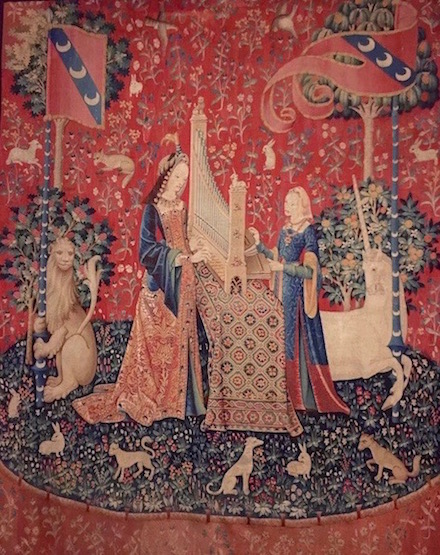
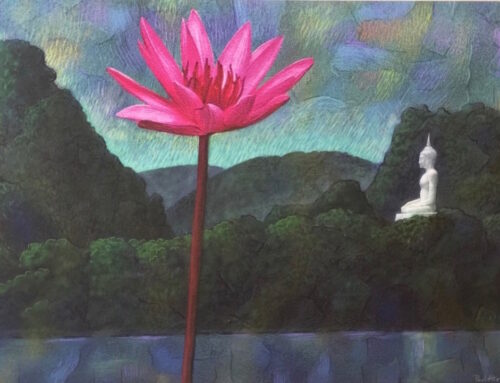


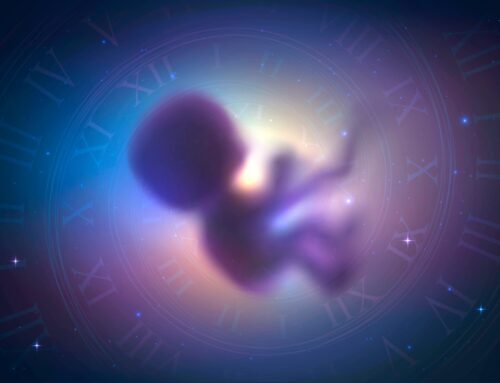

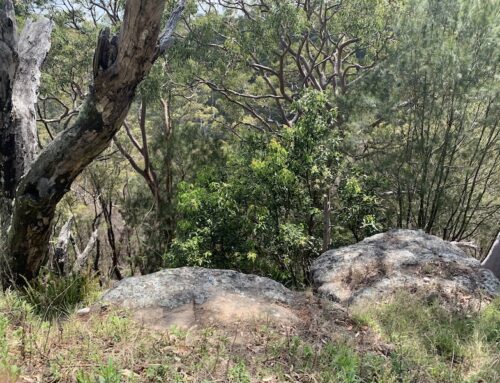

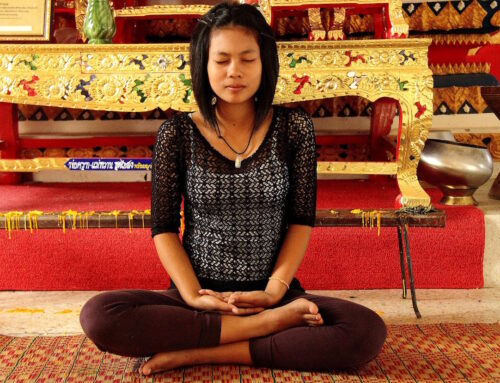

Leave A Comment